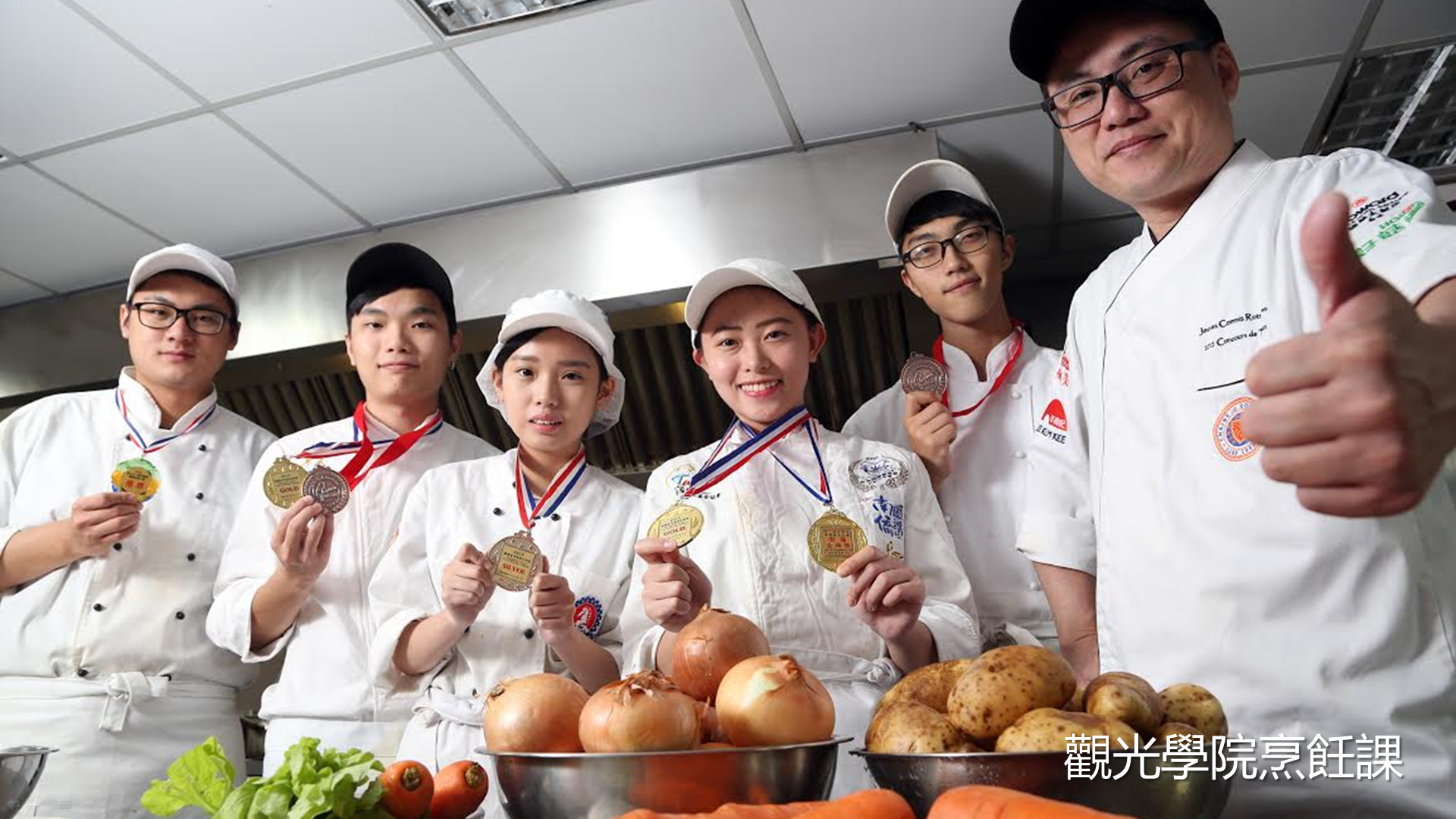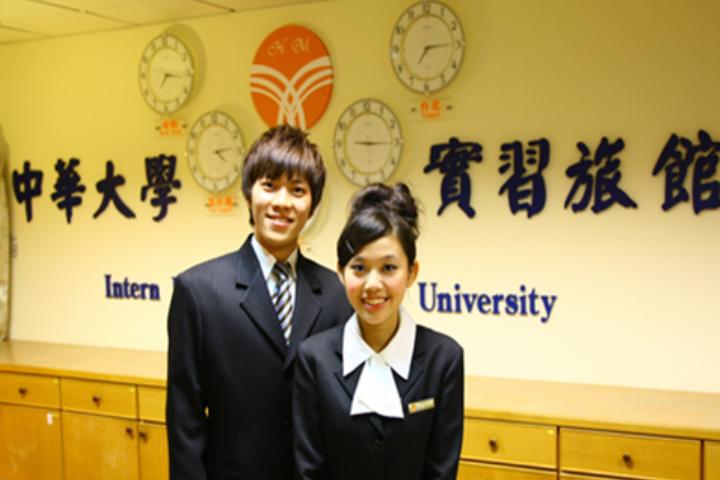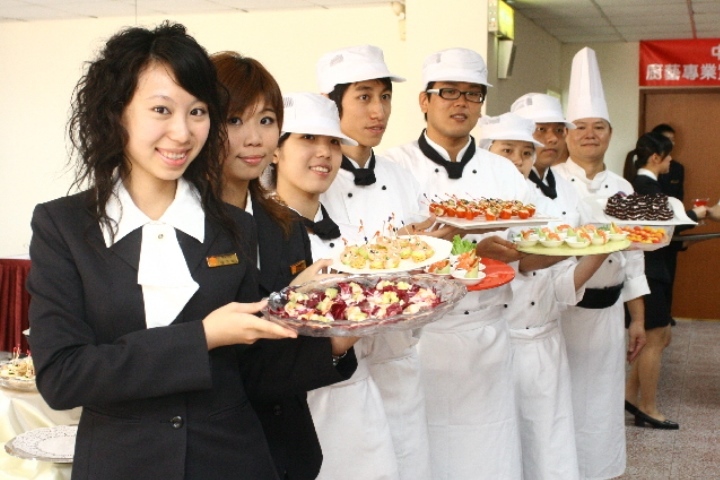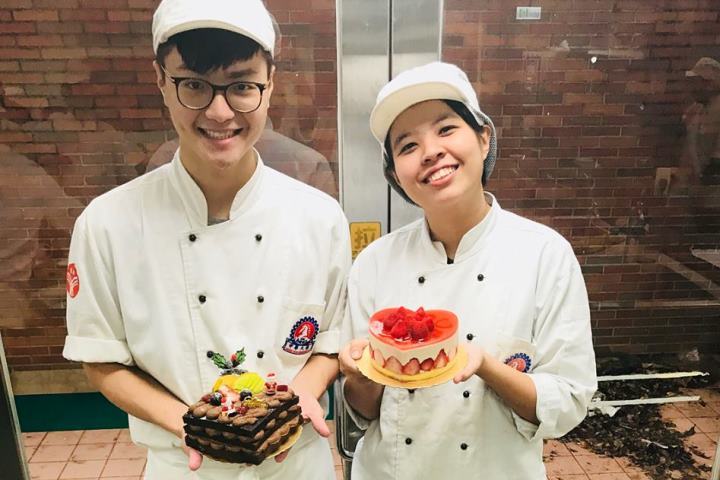Introduction

INTRODUCTION
DEPARTMENT OF HOSPITALITY MANAGEMENT
Purpose
The tourism industry is believed to be a preeminent industry in 21st century and its development was highly regarded by countries around the world. Our government included the tourism as a strategically important industry for the development of the nation’s society and economy in 2000 and a “Doubled Tourists” project was initiated in 2002 to promote actively the domestic development of the industry. It is obvious that the tourism industry shall play a much more important role in our nation’s societal and economic prospective development. Hospitality industry is not only the corner stone but also the major portion of the overall tourism industry. The quality of its service shall influence the successful development of the tourism industry. It is therefore a great deal of efforts had been spent in fostering professionals in the field by countries who cared about tourism development.
Accredited by The Ministry of Education, the Department of Hotel and Restaurant Management was the first academic institute in the nation offering bachelor’s degree in the industry. The first class enrolled in 1998. A hospitality master degree program was offered in 2002 at the Graduate School of Business Administration for advanced study in the field. The Department of Hotel and Restaurant Management changed to its current name in 2005 and moved from
Features of Curriculum
Curriculum of the Department emphasizes both professional theories and practical training. The applied courses were taught by not only faculty members, but also business managers who are experienced in customer services, room services, hospitality, kitchen affairs, administration and marketing. Accordingly, real business conditions as well as the most updated information with respect to the industry may be learned first-hand by students. To facilitate students with practical training, an intern hotel with 48 rooms, the biggest in the nation, was built to provide students with hand-on training in real business operation. In addition, a hospitality workshop, a cuisine workshop and an intern café were set up in 2006 and 2007 respectively to train students with expertise in hospitable services, cooking techniques and professional license tests. With the curriculum integrating both theoretical teaching and practical training as above-mentioned, the Department had tentatively reached its objective in fostering professionals for the relative industries. Besides, professional experts in industries, government and academies were invited periodically to lecture on specific relative subjects so that new development as well as managerial experiences in the field may be learned by students. To broaden student’s view and knowledge, visit or tour activities were arranged also every semester to either domestic or foreign establishments. With proximity to nearly ten five-star tourist or business hotels in Hsin Chu area, the University enjoyed handy administrative advantage in arranging teaching and practical training for students.
Objectives
Compared with other service industries, the nature of hospitality industry is more diversified in that it serves not only general consumers but also tourists and business travelers. Its services aim at satisfying traveler’s lodge and meal needs on the one hand and general consumers’ enjoyment of good foods on the other, in addition to qualities as well as tastes of services. In responding to the nature of the industry, the curriculum includes both teaching of professional knowledge and nurture of servicing attitude as its objectives.
Teaching facilities
In addition to classrooms for general use, the Department owns also intern hotel, intern café, hospitality workshop, cook teaching room, cooking workshop, baking workshop and cuisine R&D lab. The intern hotel is located at the 6th and 7th floors of the Research and




